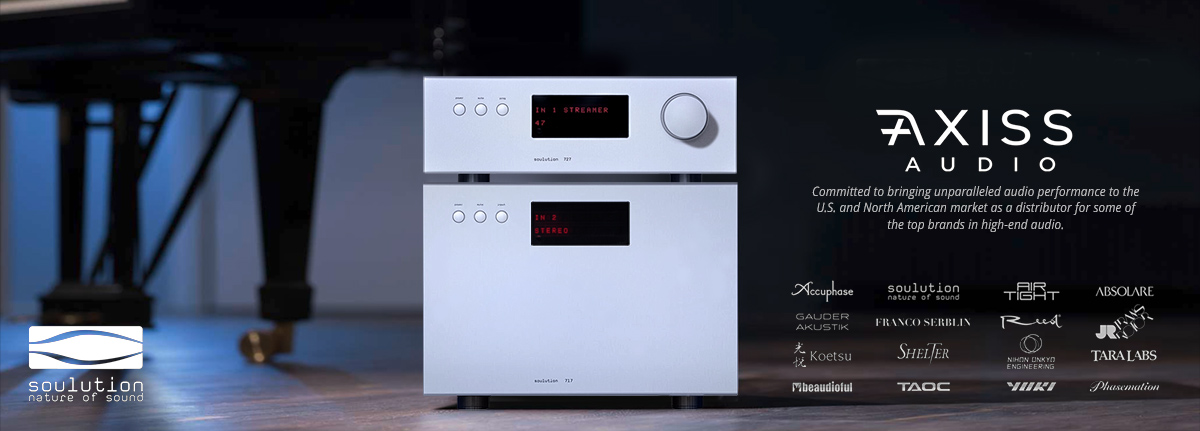I have components modified to achieve a much higher level of sound quality. Pilium may be an exception, but many manufacturers - Audio Research and Pathos (which I own) included, build to a price point and "voice" within predetermined cost constraints. So even with a great circuit design they use a lot of less expensive parts. Frequently you can improve sound quality without changing the circuit design just by replacing capacitors, resistors, wire, etc. with higher quality/more expensive versions. There is always some amount of risk with this because you can't cost effectively test/compare each potential replacement part. But there are some resources available to help with this. You can talk to mod houses (e.g., Modwright, Parts Connection, etc.) for advice/suggestions. There are sites like Humble Homemade Hifi which have tested, reviewed, and rank ordered dozens of different brands/models of capacitors - see:
http://www.humblehomemadehifi.com/Cap.html. And there are reviewers like Jeff Day at PFO who frequently mods/upgrades components, and reviews of modified equipment online to learn from. In some cases the manufacturer will help. When I first thought about upgrading my Pathos TT RR I called the factory and asked what if any parts upgrades they had experimented with, and what upgrades were possible that might have been too expensive to go into production. They suggested specific capacitors and resistors to upgrade in order to realize an improvement in sound quality, and have provided advice with regard to each of my subsequent upgrades. Note that I successfully upgraded another brand of amplifier after the distributor recommended against modifications because of all of the careful "voicing" they had done. Over my 40+ years as an audiophile I have found modifying/upgrading components to be the most cost effective way to achieve world class sound. Every component I have including some cables has been upgraded and I have yet to undertake a modification that wasn't a success. Having a good tech who can do such upgrades has been critical for me since I don't have the skill/experience to do them myself. I have discussed a couple of my modification "adventures" in detail at this forum, for example:
Superb job by Bill Thalman of Music Technology, Inc. in Springfield, VA on the 2nd and most ambitious upgrade (3rd photo from left) of my (made in 2004) Pathos TT RR. The attached photos show the differences between the stock amp and the modified versions. No changes in circuit design, just...

www.whatsbestforum.com
I learned of Bache Audio from the review (link below) and was surprised at how good the Metro 001's sounded in person. This was after several unsatisfying sessions at In Living Stereo listening to the Devore O/93 and O/96 which they could never get to sound consistently good. I bought the Bache...

www.whatsbestforum.com
















